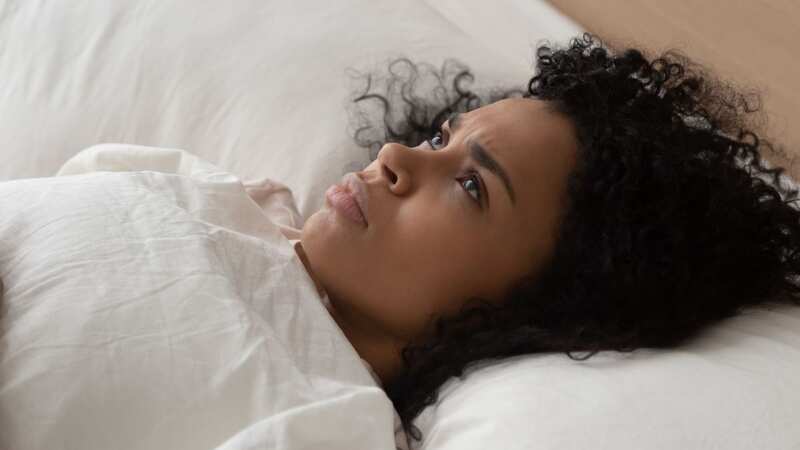

We know lack of sleep is not good for us – and the latest harm to come to light from consistently getting less than five hours a night is the risk of developing depression.
Poor sleep has always been seen as a side-effect of mental ill health, but this new study shows the link between sleep and mental illness may be the other way around. University College London researchers have analysed data and found insufficient sleep leads to the onset of depressive symptoms.
Lead author Odessa Hamilton of UCL said: “We have this chicken or egg scenario between suboptimal sleep duration and depression. They frequently co-occur, but which comes first is largely unresolved. Using genetic susceptibility to disease we determined sleep likely precedes depressive symptoms, rather than the inverse.”
For the study, the researchers, using genetic and health data from 7,146 people recruited by the English Longitudinal Study of Ageing (ELSA), found people with a strong genetic predisposition to short sleep (less than five hours a night) were more likely to develop depressive symptoms. On the other hand, people with a genetic predisposition to depression didn’t have an increased likelihood of short sleep. Both sleep duration and depression are partly inherited. Earlier twin studies have suggested depression is about 35% inheritable, and genetic differences account for 40% of the variance in sleep duration.
They found people sleeping five hours or less were 2.5 times more likely to develop depressive symptoms, while people with depressive symptoms were a third more likely to suffer from short sleep. They took into account factors that could affect the results such as education, wealth, smoking, physical activity and longstanding illness.
 England star Joe Marler reflects on lowest point after fight with pregnant wife
England star Joe Marler reflects on lowest point after fight with pregnant wife
But how about sleeping for too long? Well, there appears to be a link between this and developing depressive symptoms too. Sleeping longer than nine hours a night means you’re 1.5 times more likely to develop depressive symptoms than people who sleep an average of seven hours.
Professor Andrew Steptoe of UCL said: “Suboptimal sleep and depression increase with age, and with the worldwide phenomenon of population ageing there is a growing need to better understand the mechanism connecting these. This study lays important groundwork for future investigations on the intersection of genetics, sleep, and depressive symptoms.”
Overall, the participants in the study got an average of seven hours’ sleep a night. More than 10% slept for less than five hours a night at the start of the study, rising to over 15% at the end. The proportion with depressive symptoms increased from 8.75% to 11.47%.